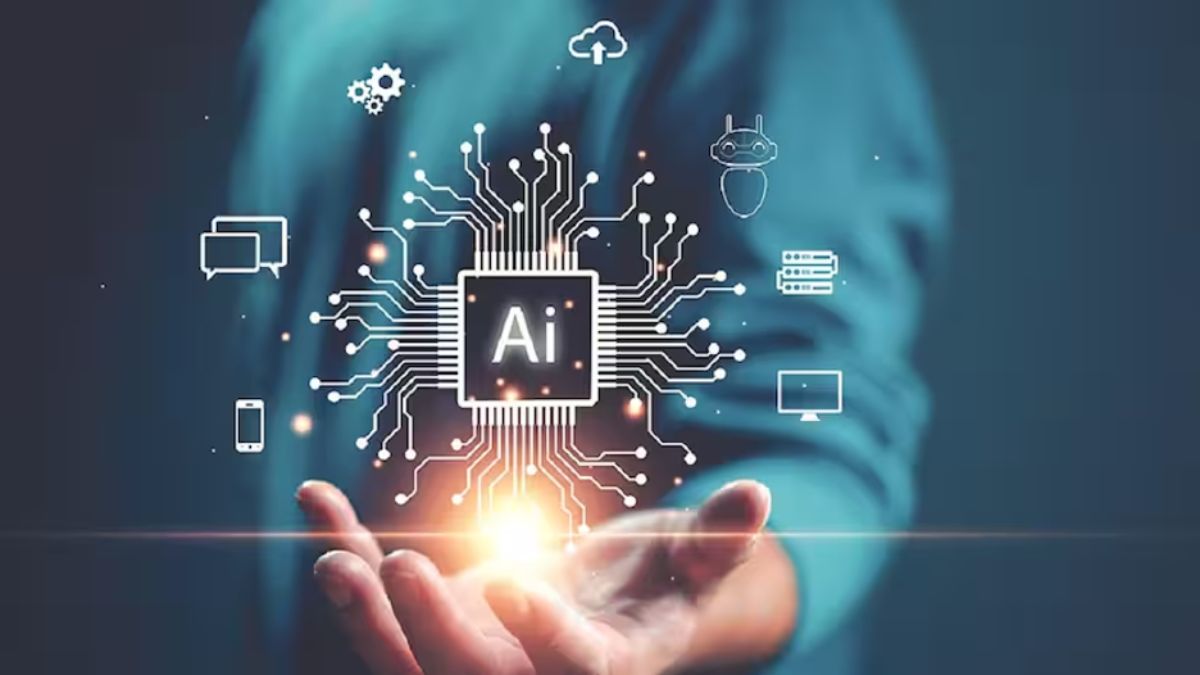‘Change is the only constant’. This saying perfectly encapsulates the current technological landscape, which is evolving at an unprecedented pace. Artificial intelligence has brought about a seismic shift in how technologies are integrated into our daily lives, transforming how we communicate, learn, work, and entertain ourselves.
AI has also revolutionised industries across the board, creating new opportunities in sectors like finance, healthcare, and customer service. More recently, the proliferation and rapid adoption of artificial intelligence has drawn scepticism and concerns about job displacement, particularly in the technology sector.
How AI is pushing workers to upskill
Currently, several businesses are turning to AI to automate tasks previously done by humans. While some see it as an inevitable consequence of AI’s evolution, others have taken a more cynical stance, claiming companies are laying off workers to increase their profit margins. Whatever the real reason may be, AI has been successful in making operations more efficient and streamlined, ultimately enhancing the end-user experience.
Tasks traditionally done by humans, such as data entry, routine system management, and basic coding, are now at risk of being automated. While this has the older tech workers worried, it also creates new opportunities for employees, opening new frontiers in the industry. From cybersecurity to data analysis, tech workers can focus on breaking barriers and ushering in a new era in the sector.
At the same time, IT professionals must expand their horizons and improve their skills in several areas, including automation, machine learning, and language processing. This will allow them to remain competitive in the job market.
Essential skills required by tech workers in the AI era
Let us now discuss some of the key skills tech workers need to remain relevant—and thrive in the AI era, making the most of the opportunities offered to them.
-
Learning AI/ML
AI and machine learning stand at the core of technological innovations today. You can use these technologies for a wide range of applications—from automating routine tasks to enabling sophisticated data analysis, spearheading the next wave of digital transformation. It is crucial for anyone looking to build a career in the technology industry to understand the core principles of AI and its implementation in real-world scenarios and ML techniques.
-
Being proficient in data analysis
In the new era of AI, data carries immense significance, and it is for this reason that most refer to it as the ‘new black gold’. One of the most important skills you can pick up is understanding how you can analyse and interpret data, as it serves as the foundation for AI and ML models. Tech workers can utilise data science skills to derive crucial insights from large datasets, which drives informed decision-making. For this reason, you should learn important statistical methods for analysing data, including hypothesis testing, regression, and probability. You must also become proficient in data visualisation tools like Seaborn and Tableau.
-
Pick up advanced programming skills
One of the most fundamental skills in the technological space is programming, and with the evolution of AI, there will be a surge in demand for advanced programming skills. Tech workers must learn advanced programming skills and be able to write efficient, scalable code to develop intricate AI systems and applications. Coding languages like Python, widely used in artificial intelligence and machine learning, Java, C++, and JavaScript can help them stay ahead of the competition.
-
Cloud computing and AI integration
Another crucial skill tech workers need to learn in the AI era is cloud computing, which has revolutionised how we build and deploy AI solutions. They can develop scalable AI applications and manage big data by learning how to use cloud platforms.
-
Cybersecurity skills
With AI-driven technology now becoming inextricably woven with our daily lives, robust cybersecurity measures have become the need of the hour. These skills allow tech workers to ensure the integrity of AI systems, reduce risks associated with cyber threats, and protect sensitive data. Tech workers can understand the fundamentals of cybersecurity and learn more about encryption, threat modelling, and network security. They can also delve into the security challenges AI systems pose, including data poisoning and adversarial attacks.
Conclusion
The new ‘AI era’ requires tech workers to learn and inculcate new skill sets. Expertise in areas like AI, ML, and data science is vital, while they must also pick up soft skills like adaptability and critical thinking. Another factor that will determine their chances of succeeding in the field is the ability to integrate AI technologies into existing systems while ensuring security and efficiency.
At a time when companies are relying heavily on AI-driven financial solutions, NBFCs are using AI to assess risks, detect fraud, and personalise lending. This also creates new opportunities for tech workers proficient in AI-driven financial technology. AI is also reshaping online marketplaces, optimising customer experience and improving product recommendations. Thus, tech workers who understand AI’s role in digital commerce can also position themselves at the forefront of innovation and shape the future of tech-driven industries.


